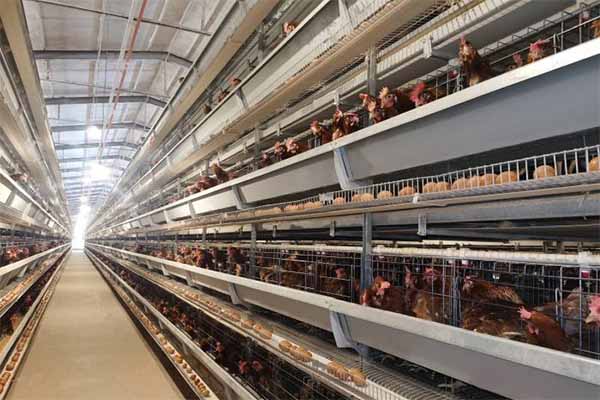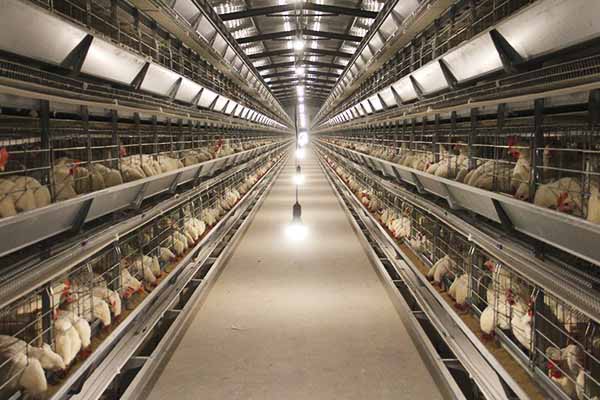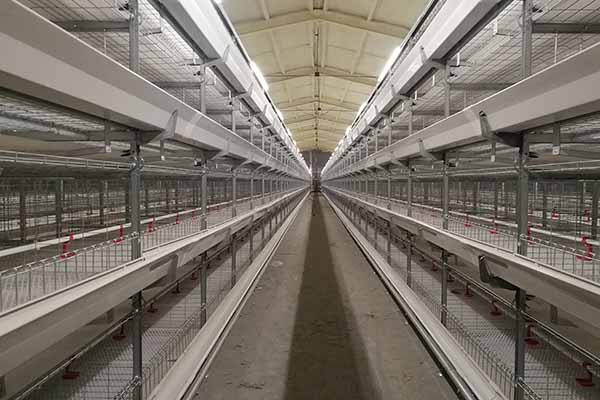Small Scale Poultry Farming in Kenya: A Comprehensive Guide
Time : 2025-05-12
Small scale poultry farming in Kenya has gained significant popularity over the years, thanks to its potential to boost rural incomes and provide a sustainable source of protein for the growing population. If you’re considering venturing into this profitable business, you’ve come to the right place. In this article, we’ll dive into the basics of small scale poultry farming in Kenya, including the benefits, challenges, and tips for success.
Why Small Scale Poultry Farming in Kenya?
Farming has always been a cornerstone of Kenyan agriculture, and poultry farming is no exception. Here are a few reasons why small scale poultry farming is a great venture in Kenya:
- High Demand: Kenya has a rising population that consumes a lot of poultry products. This high demand ensures a stable market for your products.
- Rural Employment: Small scale poultry farming creates employment opportunities in rural areas, helping to reduce the urban population and its associated challenges.
- Profitability: With proper management, small scale poultry farming can be highly profitable, providing a reliable income for farmers.
- Sustainability: Poultry farming is a sustainable practice that can contribute to food security and reduce dependency on imported poultry products.
Setting Up Your Small Scale Poultry Farm
Before you start, it’s important to have a solid plan in place. Here’s a step-by-step guide to setting up your small scale poultry farm in Kenya:
1. Conduct Market Research
Understand the market dynamics, including the demand for different types of poultry products, pricing, and competitors. This will help you make informed decisions about what to raise and how to position your farm.
2. Choose the Right Location
Select a location that is accessible to your target market and provides ample space for your poultry. Consider factors like climate, water availability, and proximity to suppliers and buyers.
3. Get Necessary Permits
Contact your local government to obtain the required permits for poultry farming. These may include health certificates, environmental clearances, and business licenses.
4. Choose Your Breed
Select a breed that suits your climate, market preferences, and production goals. Common breeds in Kenya include the White Leghorn, Rhode Island Red, and Buckeye.

5. Build Your Poultry House
Construct a well-ventilated, predator-proof poultry house that provides enough space for your birds. Ensure that the floor is solid to prevent frostbite during cold spells.

Managing Your Small Scale Poultry Farm
Effective management is key to the success of your small scale poultry farm. Here are some important aspects to consider:
1. Feeding and Watering
Provide your birds with a balanc ed diet that meets their nutritional requirements. Fresh, clean water should be available at all times.
ed diet that meets their nutritional requirements. Fresh, clean water should be available at all times.
2. Health and Welfare
Regularly monitor your birds for signs of illness or stress. Implement biosecurity measures to prevent the spread of diseases.
3. Egg Collection and Processing
Collect eggs regularly and ensure they are clean and properly stored. Consider processing methods that enhance their shelf life and value.
4. Marketing and Sales
Develop a marketing plan to reach your target market. Use a mix of traditional and modern marketing strategies, such as direct sales, partnerships with retailers, and online platforms.
Challenges and Solutions
While small scale poultry farming in Kenya offers numerous benefits, it also comes with its own set of challenges. Here are some common challenges and how to overcome them:
- Market Competition: Keep an eye on your competitors and differentiate your products through quality, pricing, and branding.
- Access to Feed: Establish relationships with suppliers and consider alternative feed sources, such as local grains and by-products.
- Price Volatility: Diversify your income sources by raising different types of poultry and exploring value-added products.
- Disease Outbreaks: Follow best practices in biosecurity and vaccination to minimize the risk of disease outbreaks.
Conclusion
Small scale poultry farming in Kenya is a promising business venture that can improve the lives of farmers and contribute to food security. By conducting thorough market research, choosing the right breed, and implementing effective management practices, you can maximize your chances of success. Remember, persistence and continuous learning are key to thriving in this industry.











